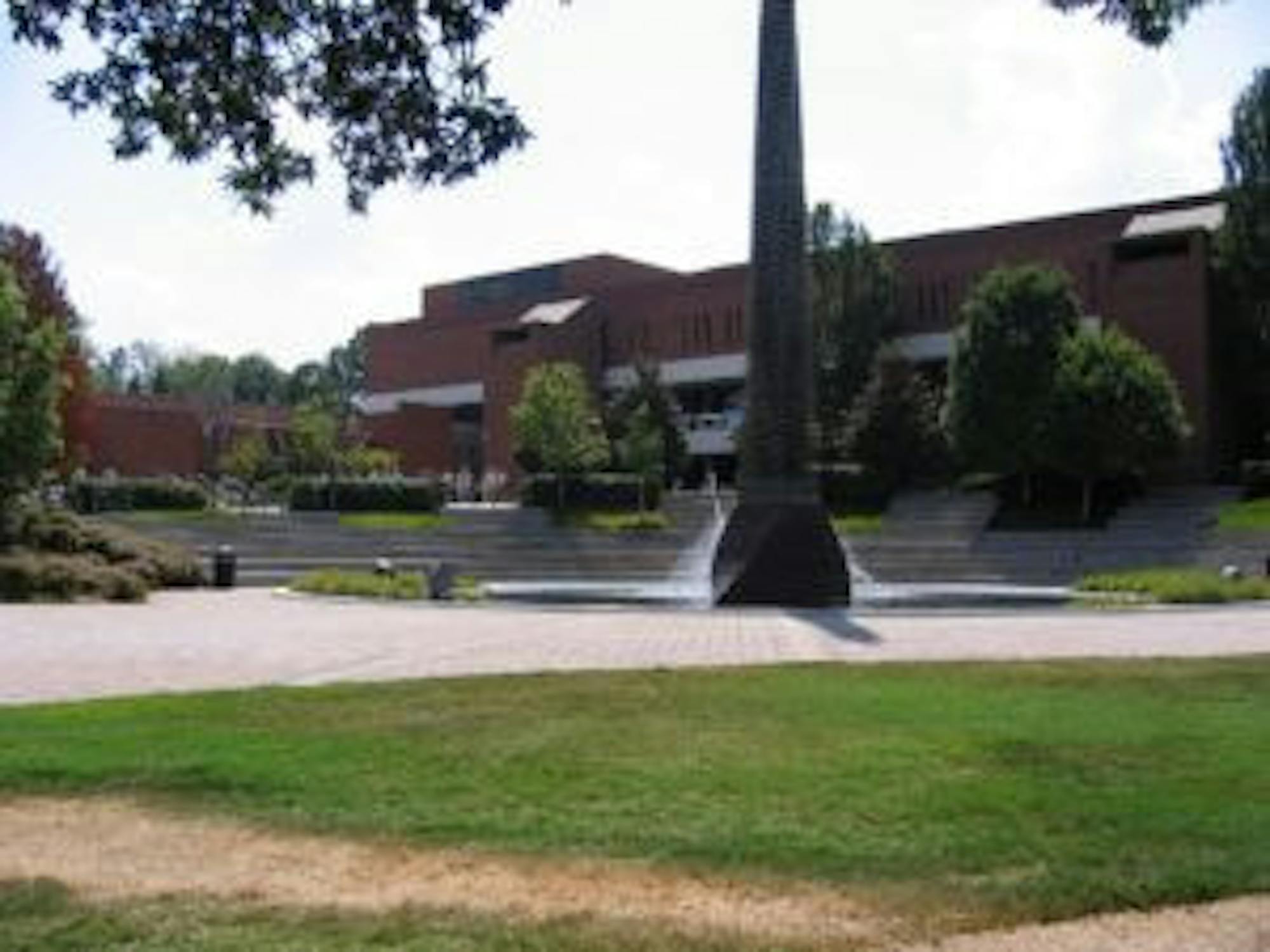Georgia’s public universities are under siege. On Oct. 13, the Georgia Board of Regents approved a policy which would significantly weaken tenure at public universities in Georgia by making it easier for administration to fire tenured faculty, providing a path to termination without faculty input. In response, the American Association of University Professors has expressed alarm, promising to open an investigation into the Board’s new policy. The policy is a threat to academic freedom and greatly increases the risk of punitive actions against professors who do not agree with the politics of university administrators and Georgia politicians. Tenure needs to be protected if we are to preserve the integrity of our educational system. We must vote for candidates who will protect higher education, and use our powers of protest and activism to advocate for our professors.

Tenure is a system to protect the academic freedom of professors by creating restrictions on when a university can fire a professor. It insulates tenured professors from political pressure which could interfere with their work and enables greater academic freedom in both teaching and research. These protections create an academic environment with a wealth of different ideas and viewpoints, even if some of them are unpopular. Professors are thus able to probe subjects that those in power would rather suppress, keeping research objective and unbiased.
With truth already under attack in America, we cannot let political pressure destroy trust in the classroom and in research. By weakening the protections of tenure, the Georgia Board of Regents is increasing its political pressure on professors and trampling the independence of Georgia’s public universities. Not only that, but Georgia Gov. Brian Kemp and the Board of Regents’ actions are an attack on the university system, which many conservatives view as a bastion of liberalism. In addition to gutting tenure, Kemp has pushed for the appointment of political allies to university roles and pressured schools to censor viewpoints he opposes, which are dangerous attacks threatening to politicize all research and education coming out of Georgia public universities.
Threats to academic independence are not unique to Georgia’s public universities. Professor of History and American Studies Beverly Gage at Yale University (Conn.) recently stepped down from her position teaching Yale’s well-known “Grand Strategy” class after wealthy donors created a board which could control the course’s curriculum. At the University of North Carolina Chapel Hill, Pulitzer Prize winning journalist Nikole Hannah-Jones was denied tenure by the school’s board of trustees, dominated by conservatives hostile to her work on the New York Times’ “1619 Project” examining the history of slavery in the United States.
Tenure is not perfect. The number of tenured professors has been steadily declining over the last 50 years partly because giving a professor tenure is a long-term commitment by universities, forcing them to devote resources to a professor who may not bring financial return on investment. Additionally, there is a clear lack of diversity among tenured faculty: Black women, for example, make up only 3.7% of tenure-track faculty, while they make up almost 6.7% of the total population. This is a result of systemic obstacles to success in academia and the professional world at large. Clearly, efforts need to be made to dismantle the systemic racism that prevents equity within the tenure system. The answer to the problems with tenure, however, are not solved by eliminating the system but rather by pushing to fix the problems while preserving its core tenets: academic freedom and intellectual diversity.
Students at Emory need to be aware that we are not immune to such attacks on the academic freedoms of our professors. Although Emory is a private institution and not directly affected by the Board of Regents’ decision, students should vocally and vigorously defend academic freedom wherever it is under threat, whether through protest or the ballot box. Education and research are major factors in the direction our society goes, and they should be unimpeachable. Any threat to the independence of academia, even if it is not at Emory, has the potential to spread, and the fallout from these actions will have a lasting impact. As students, our most powerful tool is our voice. We must call for academic independence, not as an afterthought, but as a major determinant of our support for political candidates and university administrators. Only through such active dedication can we preserve the sanctity of education.
William Wainwright (25C) is from Atlanta, Georgia.





